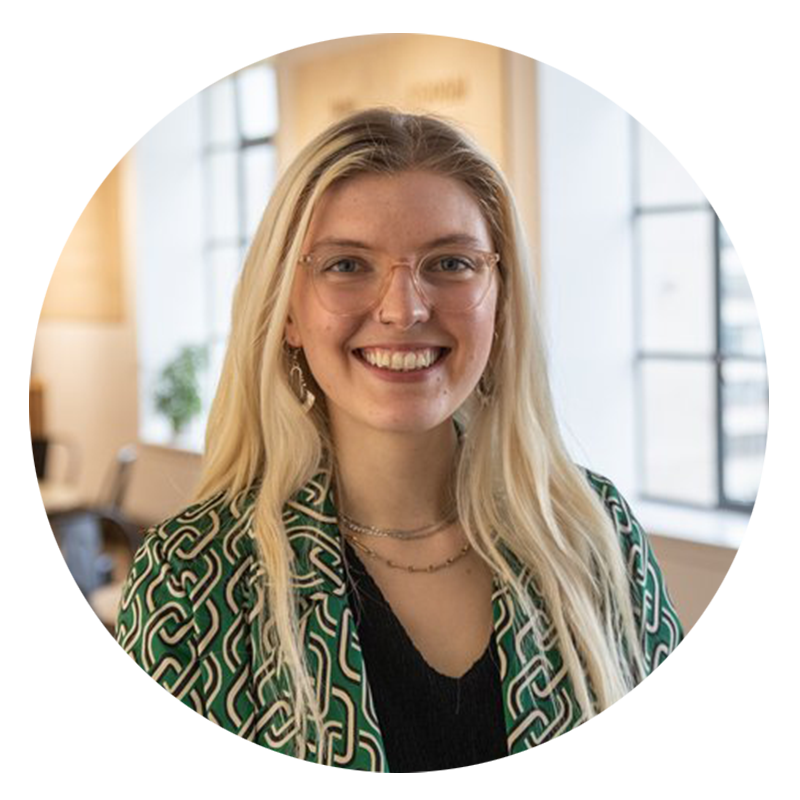Subak is the world’s first non-profit accelerator that scales climate impact through data, policy and behavioral change.
We function as an open-sourced data-intermediary for not-for-profit tech start-ups — serving as the vital link between civil society and the crucial environmental data they need in order to tip the scales of the changing climate.
Subak, which shares the namesake of the 9th century Balinese irrigation system notably used to share natural resources at the time, selects innovative climate-focused not-for-profit tech start-ups to fund, support and maximize their impact in the fight against climate change.
To perform our operations, we use shared data, infrastructure and tools within our open-sourced Data Cooperative to connect the top experts in the tech, environmental and science fields to create behavioral changes and forward new policy in both the private and public sector.
Following the last two years of the pandemic, I think a lot of us have reconnected to nature and realize how important climate action is, and I think we’ve also seen what can be achieved when we collectively mobilize to tackle such an urgent issue.
Notably, data is incredibly important for meeting green objectives and you can’t change what you don’t measure. And that’s partly one of the reasons why at Subak we’ve got our open Data Cooperative, and what we’re trying to achieve there is having environmental data more connected, searchable and trusted.
However, there are a couple of challenges around data sharing for climate data in particular. First of all, we just don’t know the extent of the data that people possess. A lot of the data is on personal hard drives or within a specific organization. Sometimes it’s behind a paywall.
So, the first step is just being aware of the datasets that people have, and through the Subak Data Cooperative, we’re really trying to make data open even if it’s behind a paywall. Which is why we recently partnered with The Bright Initiative, in order to widen this access further.
My wish for the future is that climate organizations and anyone interested in working on climate are able to share data, share insights, work collaboratively and use kind of collective tools so that we can achieve our common objective much quicker.
Therefore, my recommendation is that anyone who cares about climate change gets involved with the work that Subak is doing and the work that Bright Data are doing in order to become part of the solution.
Let us know the data that you have so that we can access it and so that we can share it with other people, and build a full understanding of our effects on the climate and hopefully one day discover how we can all come together to solve this growing issue.



